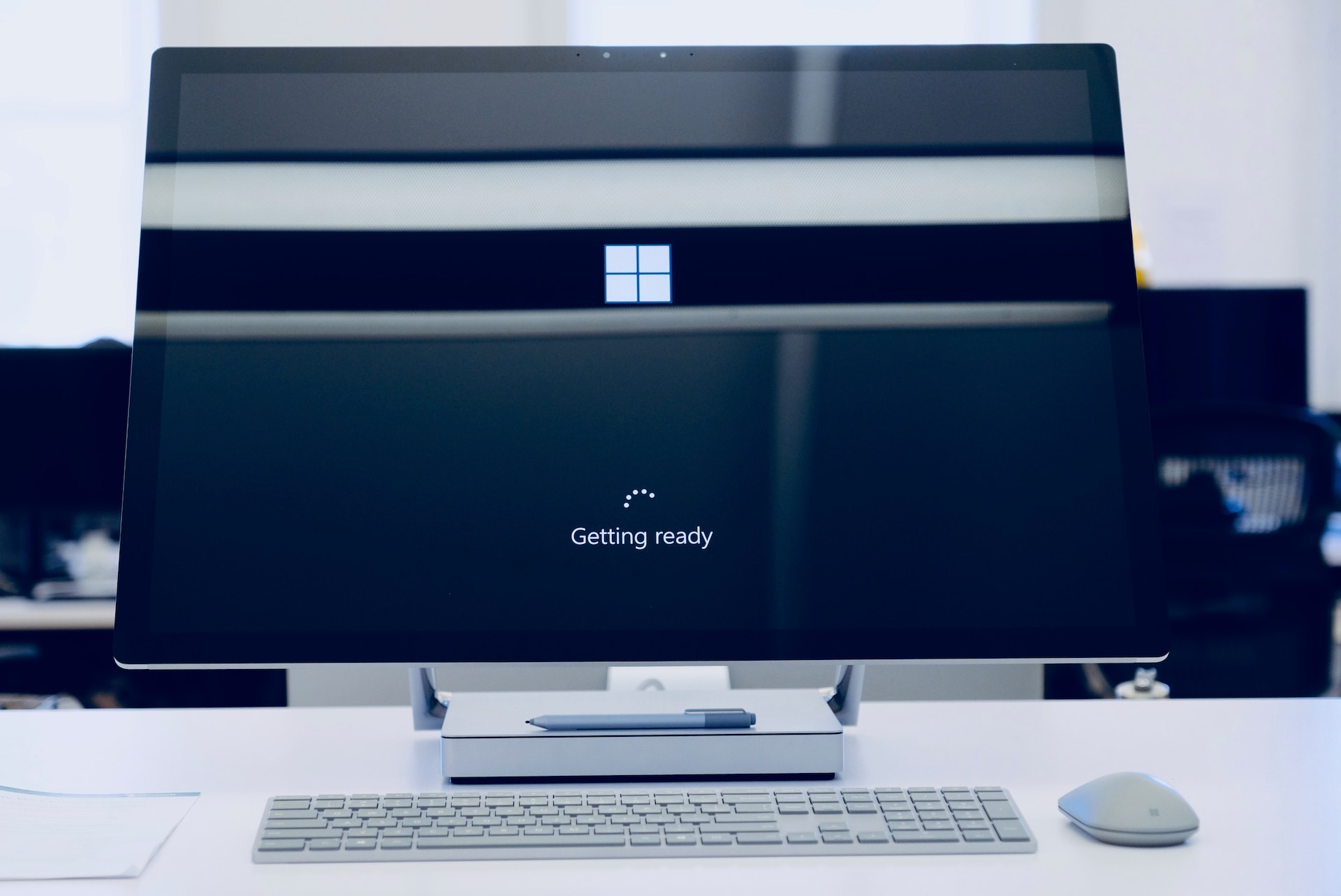Microsoft is introducing a significant update to the traditional PC keyboard by incorporating a dedicated key to activate its AI Copilot service. This innovative addition marks the first alteration to the Windows keyboard layout since the inclusion of the Windows/Start key back in 1994, underscoring the company’s profound commitment to advancing artificial intelligence.
The new Copilot key, positioned adjacent to the space bar, represents a strategic move by Microsoft to integrate AI technology more seamlessly into users’ daily interactions with their PCs. The company’s hardware partners will showcase the latest Windows 11 devices featuring the Copilot button at the CES technology conference, signaling the imminent availability of this enhanced keyboard functionality. Over time, Microsoft plans to mandate the inclusion of this Copilot key as a standard feature across compatible devices.
This new shortcut is designed to augment user productivity by harnessing the power of AI. It aims to facilitate various tasks such as image creation, email composition, and text summarization, streamlining these processes through intelligent AI assistance directly accessible from the keyboard.
Yusuf Mehdi, Microsoft’s consumer chief marketing officer, emphasized the seamless integration of AI into the Windows ecosystem, spanning the system’s core functionalities, hardware components, and underlying silicon. This move signifies a pivotal step towards incorporating AI as an integral part of the computing experience.
Mehdi envisions 2024 as the “year of the AI PC,” echoing the trend observed in the smartphone industry, where manufacturers promote their latest models as “AI phones.” While such labels may sometimes lack substantial significance, Microsoft’s approach involves a comprehensive restructuring of its flagship products around AI technology. Notably, Windows, Office, Bing search, security software, customer, and finance products have undergone substantial reengineering to leverage AI capabilities. Microsoft’s investment of $13 billion in OpenAI’s GPT-4 technology has played a pivotal role in this endeavor, enabling the generation of new content from vast datasets.
This strategic shift towards infusing AI into its core products underlines Microsoft’s commitment to harnessing the potential of artificial intelligence to enhance user experiences and drive innovation across its ecosystem.
 Frankfurt’s Dax Flatlines in Pre-Holiday Lull as U.S. Data Offers Mixed Signals
Frankfurt’s Dax Flatlines in Pre-Holiday Lull as U.S. Data Offers Mixed Signals  Market Momentum for Specialized Funds: Latest Updates on JAAA and Aristotle Small Cap
Market Momentum for Specialized Funds: Latest Updates on JAAA and Aristotle Small Cap  Leaked Sony Xperia 10 VII Renders Reveal Major Design Overhaul
Leaked Sony Xperia 10 VII Renders Reveal Major Design Overhaul  Tesla Quietly Pulls Plug on Model S and Model X Sales in Germany and Beyond
Tesla Quietly Pulls Plug on Model S and Model X Sales in Germany and Beyond  Temu Targets Germany’s Grocery Market: A New Competitor for Aldi, Lidl, and More
Temu Targets Germany’s Grocery Market: A New Competitor for Aldi, Lidl, and More  NFC Gets a Major Upgrade: New Standard Expands Range Fourfold
NFC Gets a Major Upgrade: New Standard Expands Range Fourfold  American Coastal Insurance Corp.: Focused on Residential and Commercial Insurance Solutions
American Coastal Insurance Corp.: Focused on Residential and Commercial Insurance Solutions  HUAWEI FIT 4 Pro: A Smartwatch That Delivers Without Breaking the Bank
HUAWEI FIT 4 Pro: A Smartwatch That Delivers Without Breaking the Bank  Direxion Daily S&P Biotech Bull 3X: A High-Octane Bet on the Biotech Sector
Direxion Daily S&P Biotech Bull 3X: A High-Octane Bet on the Biotech Sector 